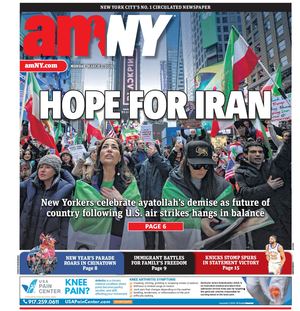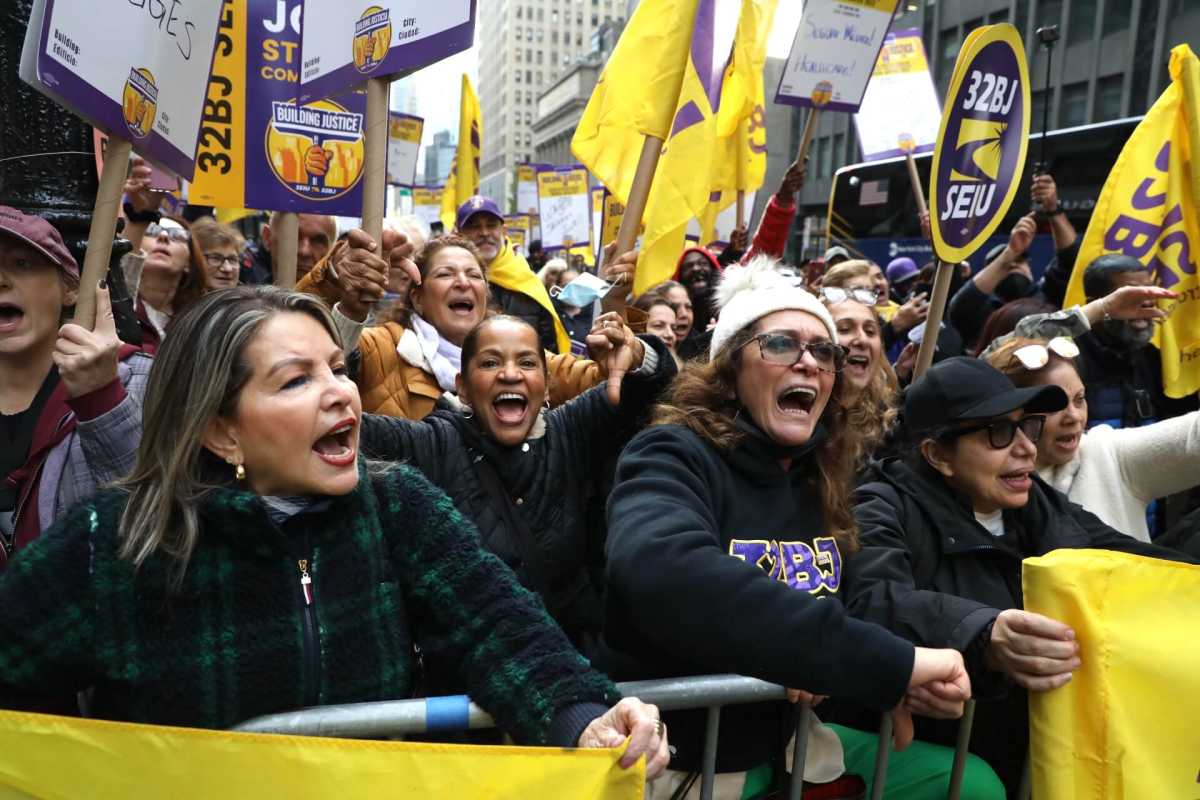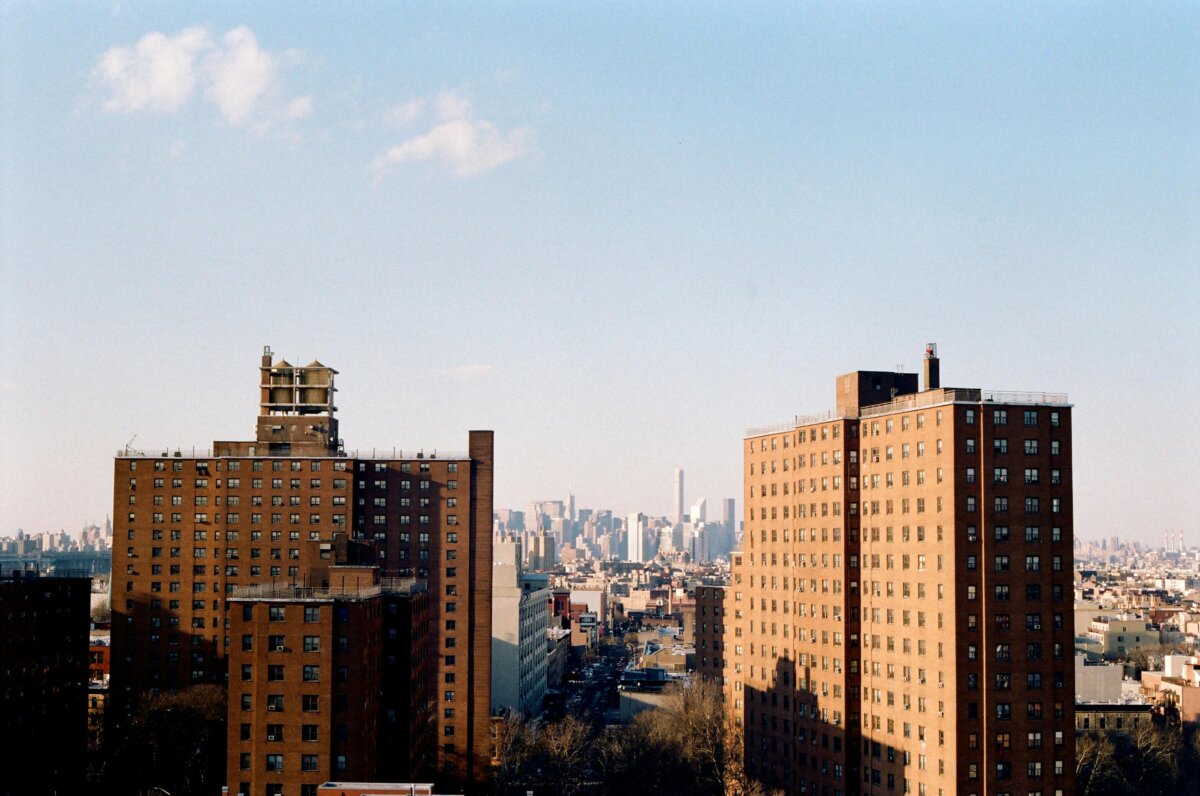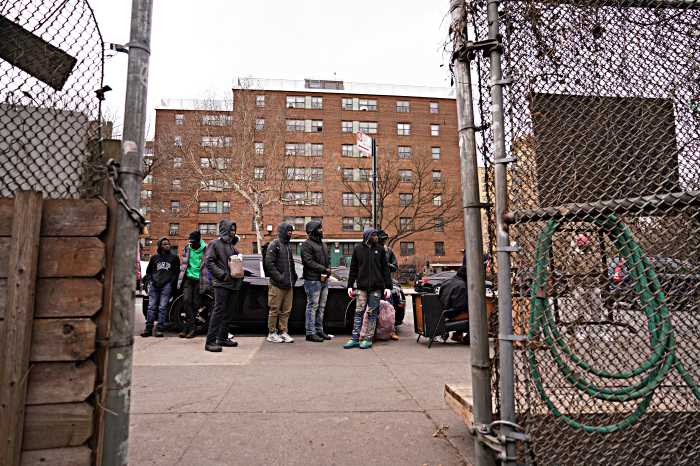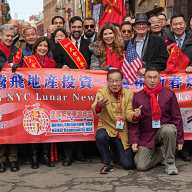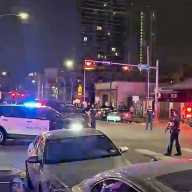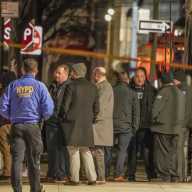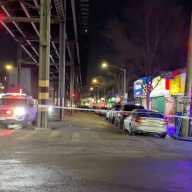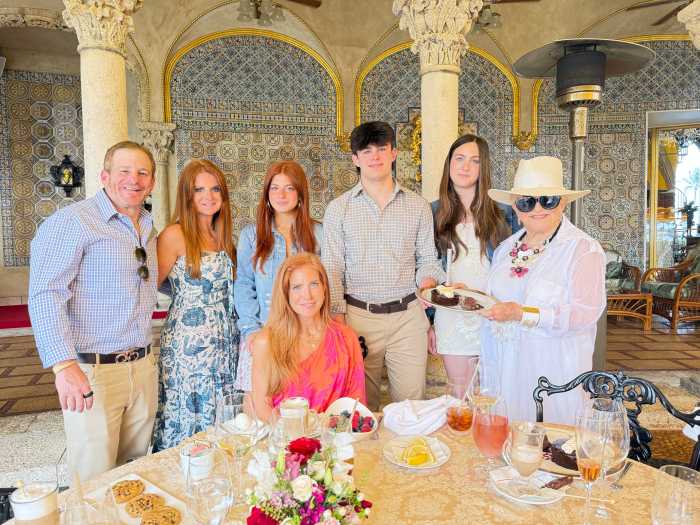More than 20,000 unionized commercial maintenance workers in New York City are on the verge of authorizing a strike — threatening to severely impact the commercial real estate industry in the Big Apple.
Members of the Service Employees International Union (32BJ SEIU), which represents mostly cleaners and repair workers, will gather on Wednesday outside Sixth Avenue and 50th Street to vote on authorizing the union’s first strike in 27 years. As many as 10,000 workers are expected to rally.
The move comes after months of fruitless negotiations between the union and the Realty Advisory Board (RAB), which represents real estate owners and operators across the Five Boroughs.
Since then, the two parties have remained miles apart on critical issues ahead of the expiration of the union’s four-year contract on Dec. 31 — including on healthcare coverage, wages and retirement funding.
“We are in full blown strike preparations,” said 32BJ SEIU President Manny Pastreich in a statement. “The RAB has not taken off the table proposals that are clear strike issues for our members. Affordable quality healthcare should not be on the chopping block for essential workers.”
What’s at stake
The RAB, citing increased office vacancies in the wake of the COVID-19 pandemic, has called for a plan mandating healthcare premium sharing that would force workers to pay more out-of-pocket for coverage, along with cuts to benefits and overtime.
According to the union, the RAB’s offers thus far would also allow for newer employees to receive less benefits than tenured workers.
“The lives and livelihood of essential workers is at stake and we will fight and strike if necessary to win a fair contract that moves our members forward – not backward – and reflects what they give this city every single day,” said Pastreich.
Adding to the workers’ urgency, the negotiations come after 2,000 employees were permanently laid off, and a third were temporarily furloughed, during the COVID-19 pandemic.
If the workers authorize a strike, they would join over 10,000 workers also represented by 32BJ SEIU across other places in the Tri-State area who green-lit a work stoppage last week.
Most of the 1,300 buildings where the 20,000 New York City unionized workers are employed are located in Manhattan (including in iconic buildings like the World Trade Center), though many live in other areas of the city.
Some workers, like Rafael Ortega, a commercial cleaner for over 33 years, say they have already been forced to take on second jobs and find cheaper places to live — and fret how an increase in healthcare premiums would further impact their livelihood.
“I’m a proud essential worker,” said Ortega in a statement. “But people need to know it’s hard for us. Me and my family had to leave the Bronx and move to New Jersey, because the cost of living got too high in New York City. On top of my full-time job, I have to work a second part-time taxi job to survive. How am I supposed to afford healthcare premiums? We are just asking for fairness and a contract that allows us to live with dignity and provide for our families.”
The last time the union’s New York City chapter authorized a strike in 1996 saw commercial buildings become rife with problems — such as trash that was not picked up, and deteriorating conditions inside offices.
Owners say current contracts ‘not sustainable’
The RAB, for their part, says that it “stands ready to continue the hard work with the union to reach a new collective bargaining agreement that reflects the horrible economic conditions RAB members face,” as commercial vacancy rates at an all-time high of over 20%.
“The current labor agreements contain healthcare provisions and unsustainable work rules that do not exist in any other major city in the country nor in other 32BJ contracts outside New York City,” said Howard Rothschild, President of the Realty Advisory Board on Labor Relations. “We hope to reach a deal by the deadline that protects the future of the industry and our workforce.”
The RAB also notes that the current contract governing 32BJ SEIU workers provides for annual wage and benefit increases of 2.93% each year, and makes them among the highest commercial building service workers in the country.
But Wednesday’s demonstration, and the potential authorization of a strike, would be a serious escalation in the languishing negotiations.
But workers represented by the union claim the move is necessary, as the threat of being forced to pay annual premiums for employer health care could be a back-breaker for employees.
“The rising cost of living forced me to take a part-time second job earlier this year, along with my full-time cleaning job. I work 13 hours per day, five days a week. But the RAB wants me to make more sacrifices?” said Yenny Hernandez, a 15-year Manhattan commercial office cleaner.
Hernandez, who was left without work during the pandemic, demanded that the RAB abandon their demands for healthcare premium sharing.
“During the pandemic, I was laid off for two years. It was two years of uncertainty – I had to go to food banks in the Bronx,” he said in a statement. “Thank God I have good health, because I lost my health insurance. After all we have been through over the past three years, these RAB proposals are insulting.”
Editor’s note: This story has been updated to include a response by the RAB.
Read more: Yusef Salaam Wins Historic Council Seat in Manhattan
